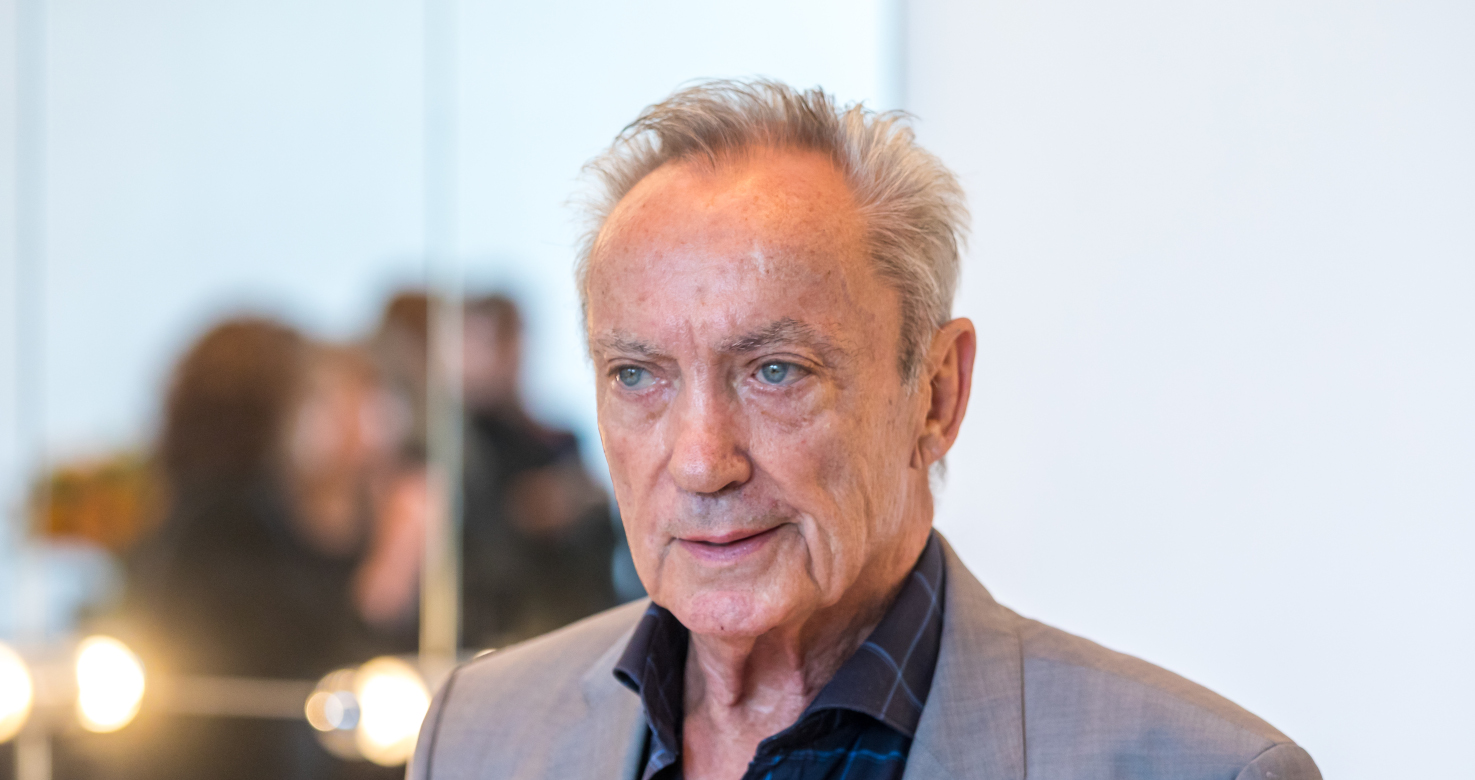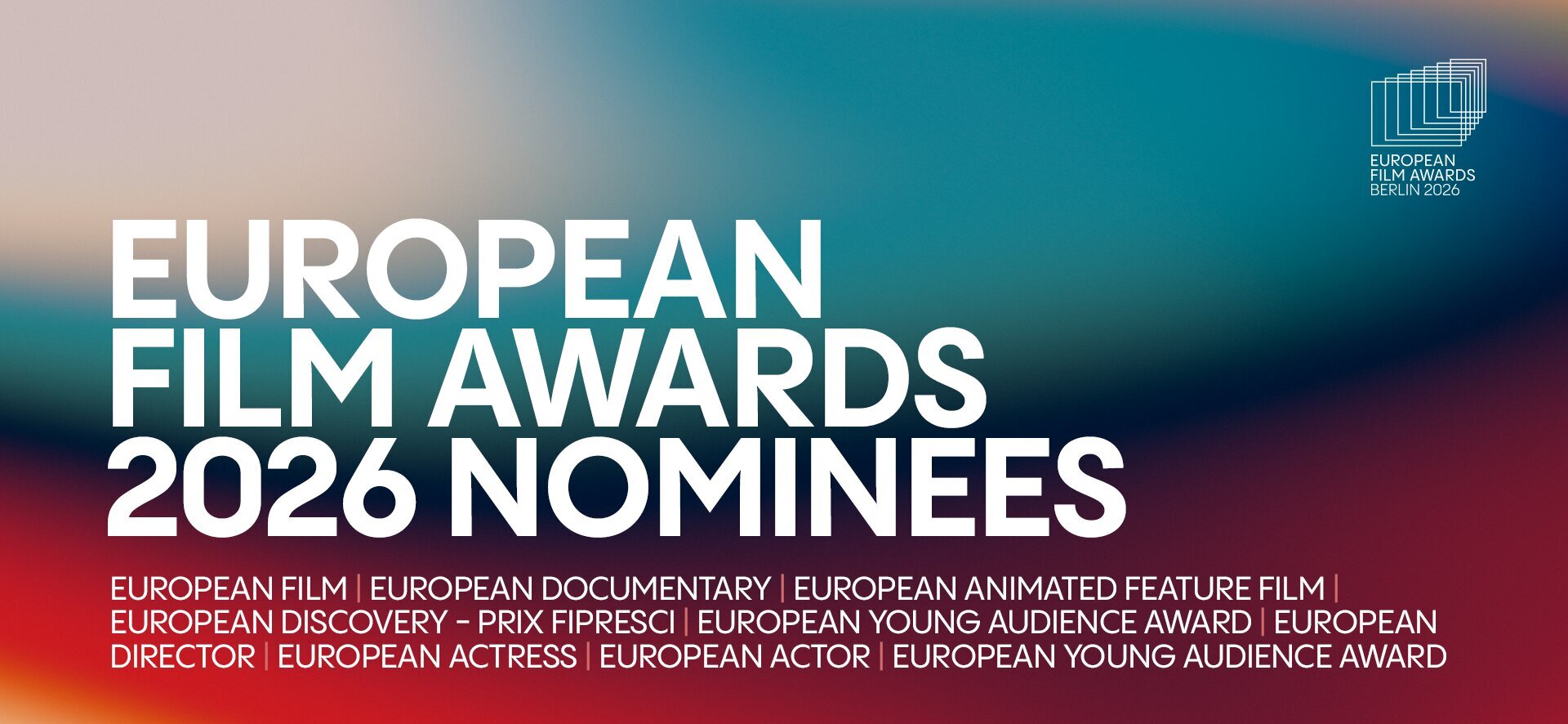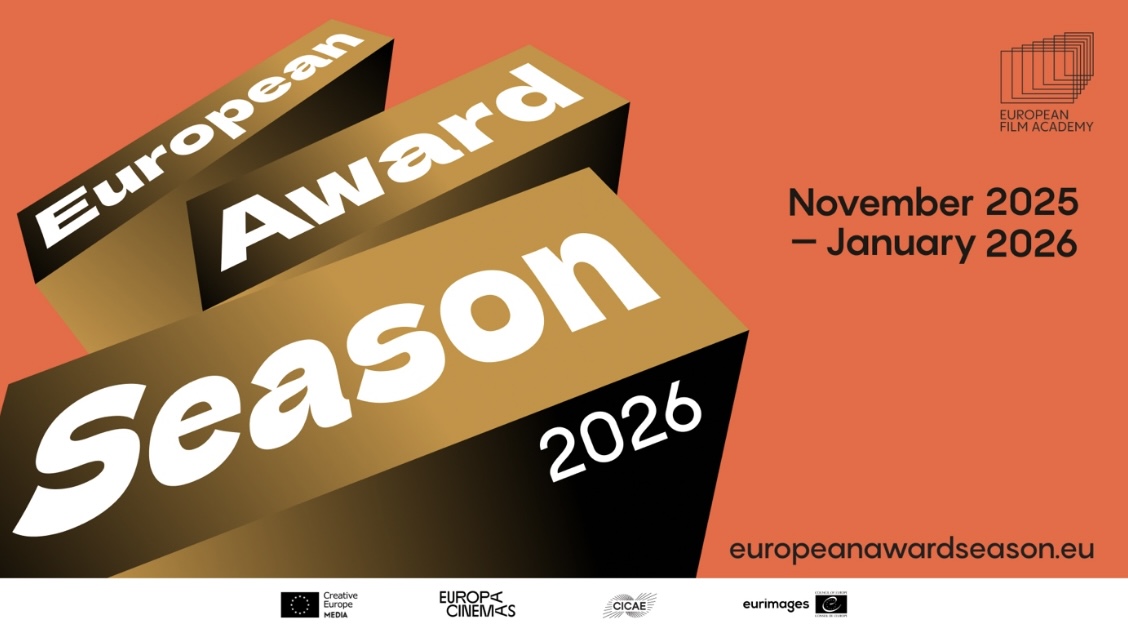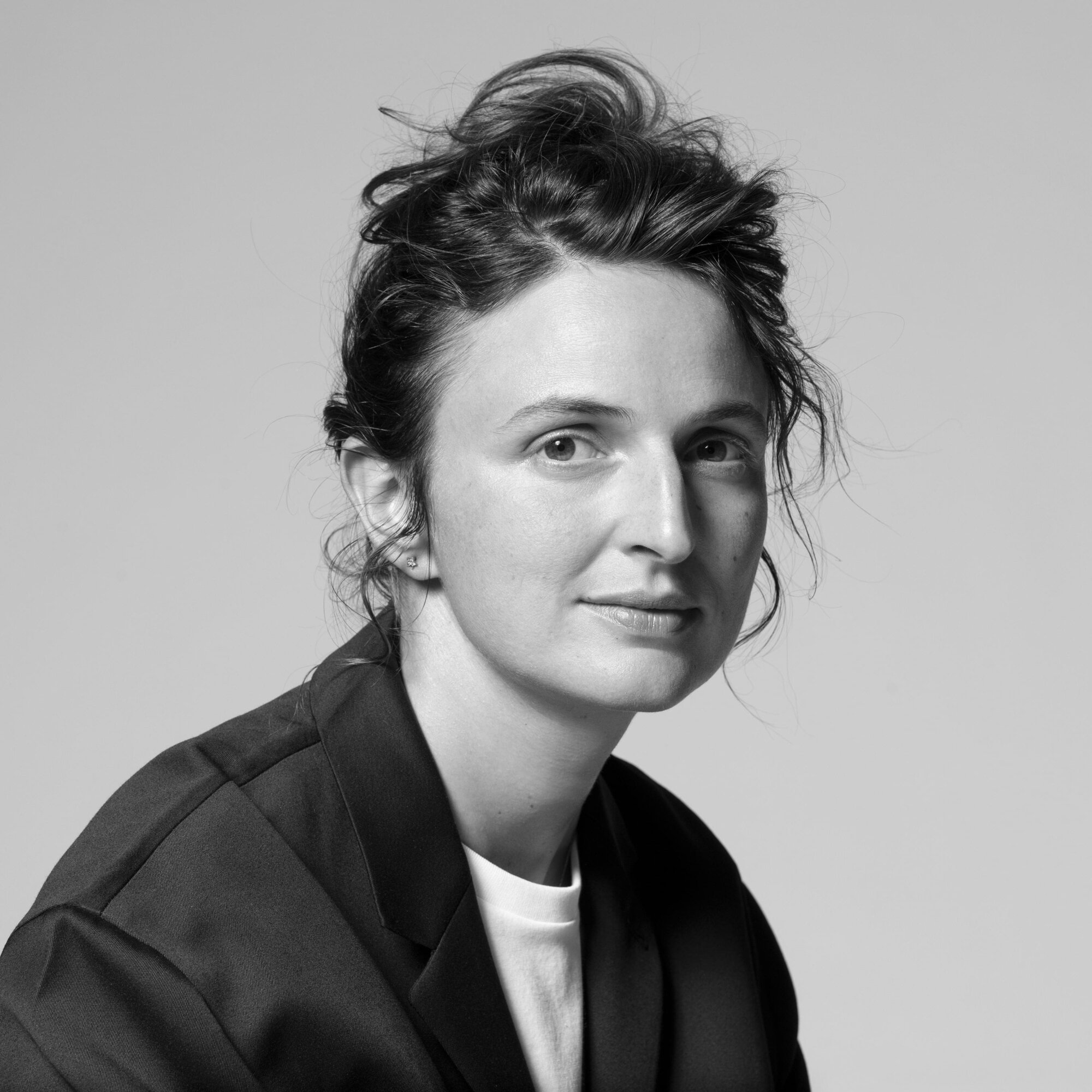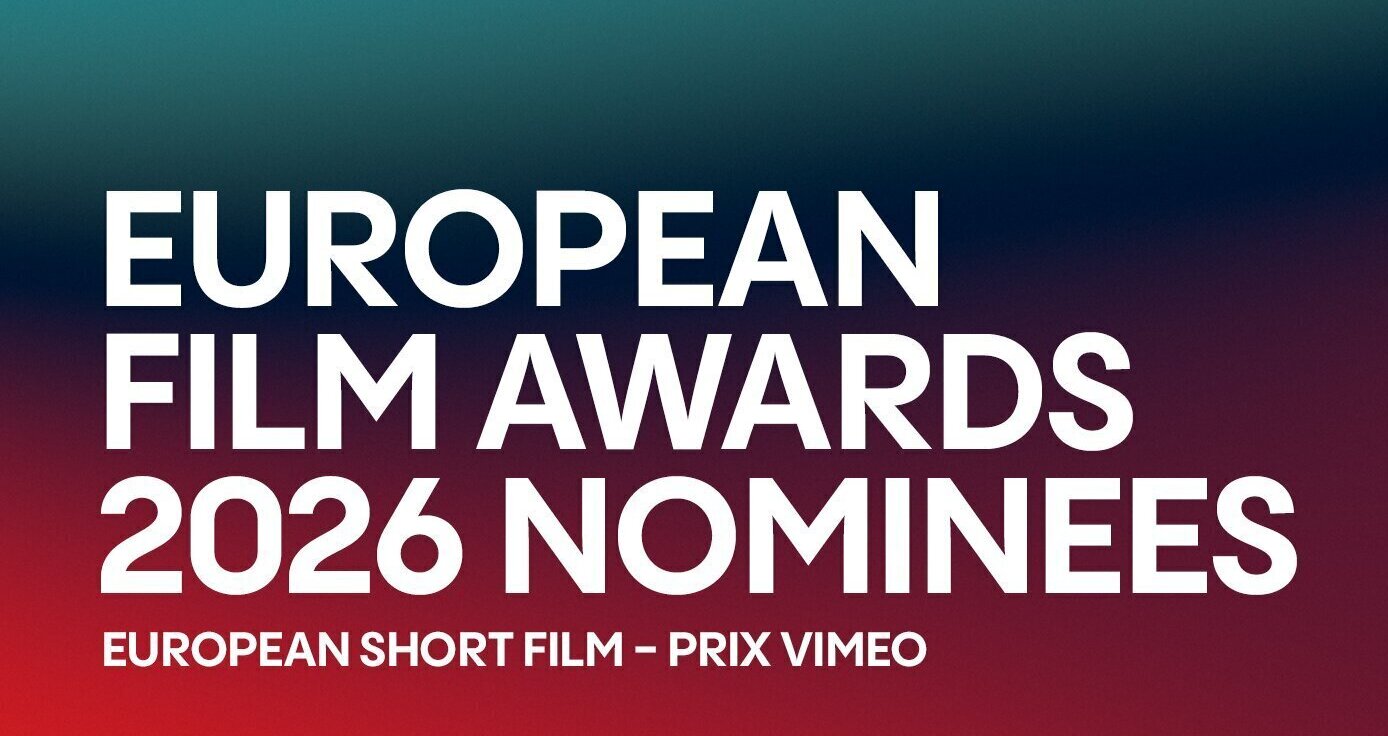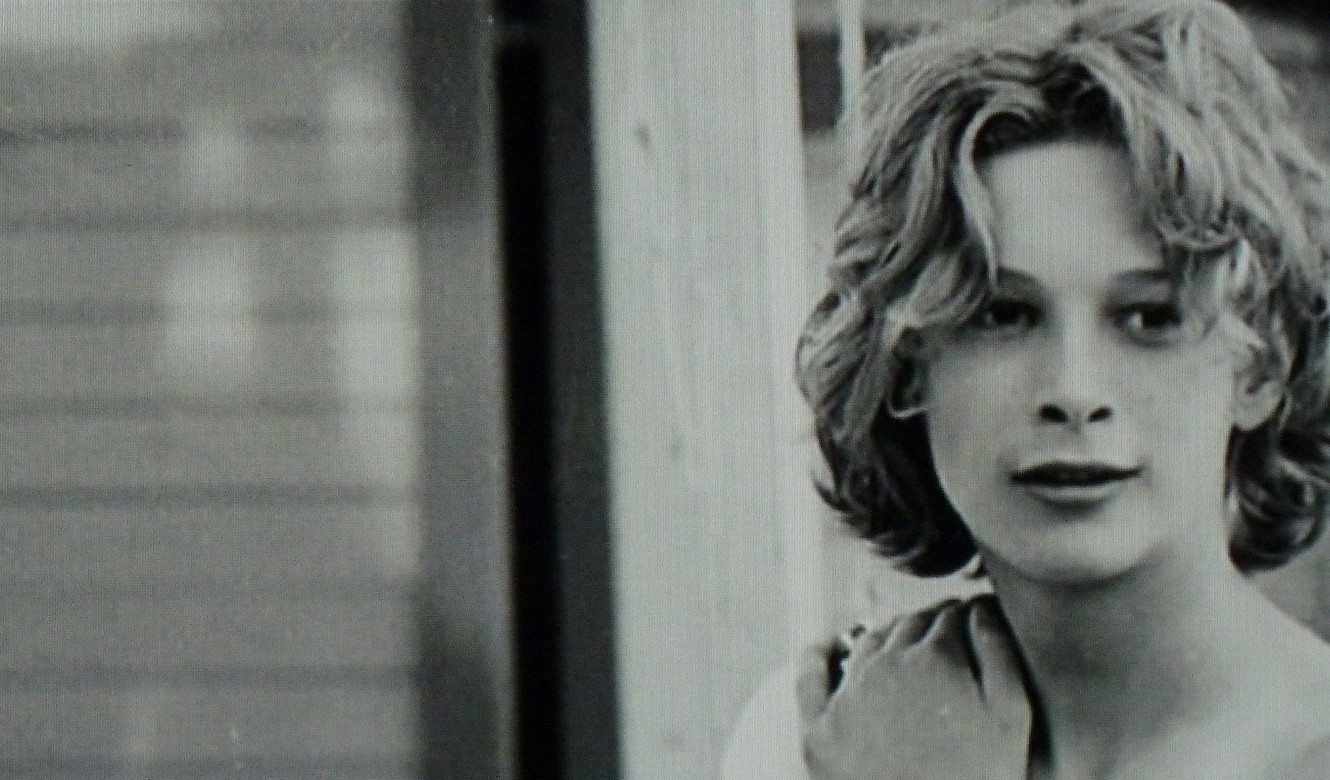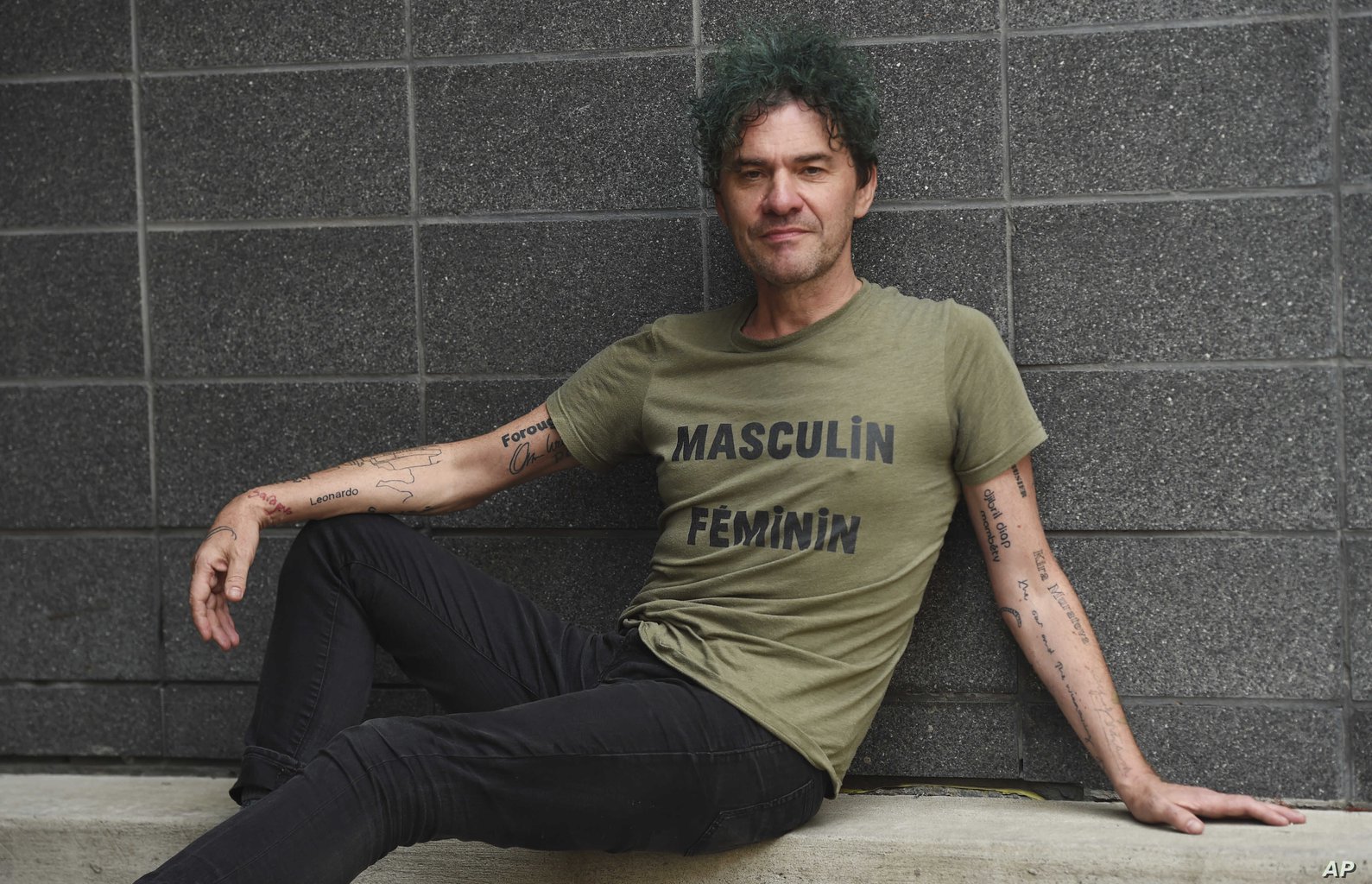IN LIMBO
IN LIMBO
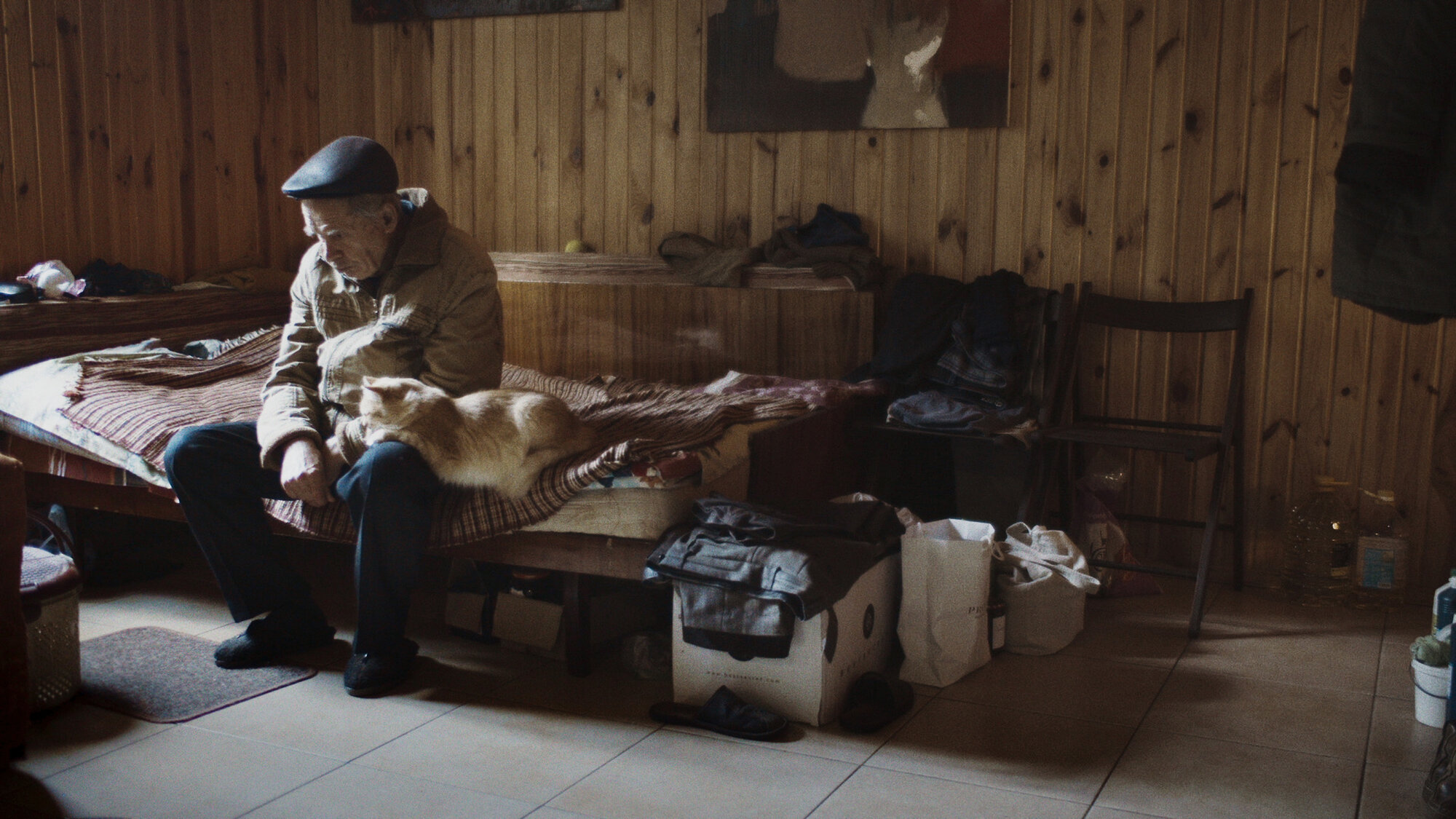
IN LIMBO
W ZAWIESZENIU
Poland
SYNOPSIS
Russia’s invasion of Ukraine hits Alina in Irpin, near Kiev. She is alone, with her leg in a plaster after recent surgery. She manages to escape together with her cat from a bombed and cut off city with one of the last evacuation groups. She reaches a cottage in a nearby village where her parents are stuck. For the first weeks, they try to live normally: her mother conducts online classes, her father takes care of his cats and the animals in the neighbourhood, Alina records current events with her camera. However, the front is getting closer and closer, and they have to make a decision – to stay or to run away? When the neighbours leave their homes, Alina and her parents, under the cloak of the night, hurry to pack. But at the very last minute, the father decides to stay.
CREDITS
Written & directed by: by Alina Maksimenko
Produced by: Filip Marczewski
Cinematography: Alina Maksimenko
Editing: Feliks Mamczur
Original Score: Vladimir Tarasov
Sound: Joanna Napieralska, Sergyi Hegodayev
STATEMENT OF THE DIRECTOR
The documentary tells the story of my family, who suddenly finds itself in the middle of a war and is faced with dramatically difficult decisions.
The story, although personal, shows a universal, human struggle within an extreme situation, on the verge of life and death, where there are no simple and painless solutions.
The axis of the film are my film notes from the first days of the war in Ukraine, documented in the form of a kind of diary in which I tried to record my own thoughts and emotions. To understand what is really going on, what this war is that I and the people around me have known so far only from books, movies and stories, and which suddenly became our horrific reality.
The main characters of the film are me, Alina, and my parents: mother Tetiana and father Anatoli (Tolya).
On the third day after the start of the war, I returned after surgery from the hospital to my home in Irpin, where I had moved just two months earlier. The quiet town near Kiev found itself on the main front line through which Russian attacks rolled. These days of war were filled with waiting for the situation to develop, phone calls and the sounds of shelling behind the windows.
I managed to leave Irpin, cut off from the world, destroyed and almost deserted, on the thirteenth day of the war, on one of the last evacuation trails.
I reached my parents to convince them to flee from Ukraine. The parents’ wooden house is located in a small village not very far from Irpin. My father lives there all year round, taking care of his 20 cats. My mother used to work in a musical school in Kyiv, but the war forced her to leave the city and settle permanently in the village. I was lucky to have been able to escape to my parents.
The first time our life together looks more or less normal: mum teaches online music lessons, dad cooks food for the cats, and I’m making a film about us. The following days bring no resolutions. At least now, at this stage. The ongoing war leaves us suspended, motionless, waiting. The atmosphere in the house is heating up as the war gets closer. Space is compressing. In one of the episodes of the film, my mother says this is a “condensed space”. The usual way of life is changing dramatically, loses its meaning. Dad needs to take care of the dogs and cats left by people who escaped, in addition to his own. The turning point of the film is the death of the father’s cat: an irreplaceable loss of a living being. Fear appears. We are bound to each other by the precariousness of today. Relations become nervous, tart, aching.
In view of the real danger that our place will be occupied by the Russians, we decide to pack what we can into the car and leave. However, before dawn, the father resigns from the trip. He can’t leave the house and his four-legged friends. His “I stay” hangs heavily in the dark. We don’t want to go without him.
The end of the film remains open: the war in Ukraine continues.
Before February 2022, I had no visual, literary, figurative vocabulary that could describe the reality of war. The language has been created along with the story.
The sequence of events is based on how the camera catches our emotions. It follows the images stored in the memory: a blown-up bridge, a neighbour’s house destroyed, treetops, the sky above my parents’ house and the sounds of explosions nearby. Our conversations. The main character of the film is not so much me myself, but the human relations: mine with my parents, my parents’ love for each other, their attachment to their home, to their land.
-
Documentary Film Selection 2024
Nomination European Documentary 2024
Nomination European Film 2024


